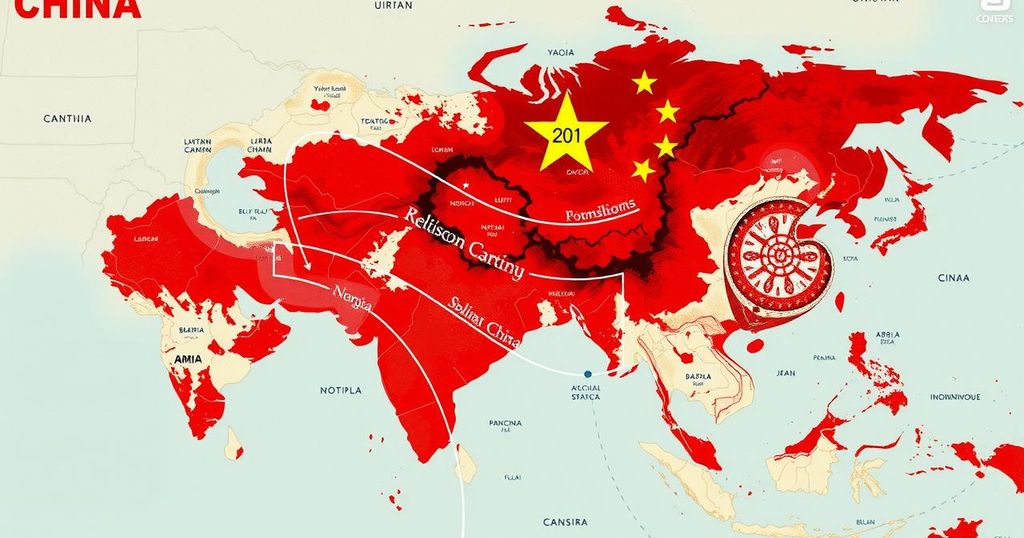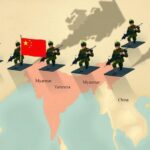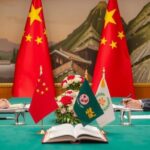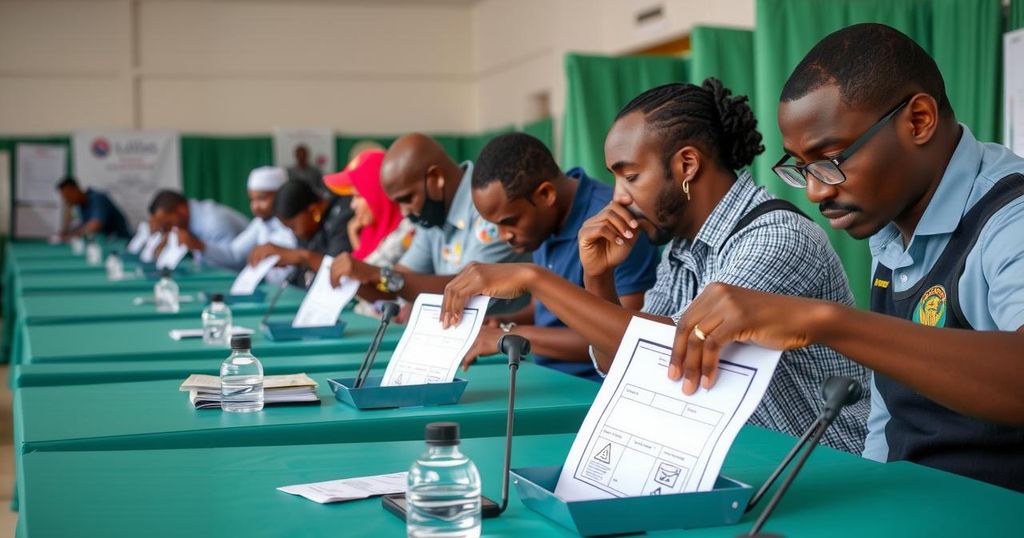Politics
ASIA, AU, AUNG SAN SUU KYI, CHINA, CHINESE EMBASSY, DIPLOMACY, FOREIGN POLICY, GEOPOLITICS, INDIA, INSTITUTE FOR STRATEGY AND POLICY, INSTITUTE FOR STRATEGY AND POLICY - MYANMAR, INTERNATIONAL RELATIONS, ISP - MYANMAR, MEXICO, MRTV, MYANMAR, NORTH AMERICA, PAKISTAN, SRI LANKA, XI JINPING
Sophia Klein
Anti-China Sentiments Rise in Myanmar: Challenges for Xi Jinping
Anti-China sentiments have surged in Myanmar, amidst ongoing military junta rule and rising public discontent toward Chinese support of the regime. An ISP-Myanmar survey revealed that 72% of respondents view China unfavorably, and recent calls for boycotting Chinese products reflect this discontent. The political crisis continues as the military government promises elections, while key opposition figures remain imprisoned.
Recent developments in Myanmar reveal a significant increase in anti-China sentiments, posing challenges for China’s leadership under President Xi Jinping. As Myanmar’s military junta continues to govern following its coup against the democratically elected administration of Aung San Suu Kyi, public discontent has risen, particularly directed towards China, a steadfast supporter of the junta. An Institute for Strategy and Policy-Myanmar survey indicates that 72 percent of those surveyed consider China a poor neighbor. This rising sentiment has been marked by a growing movement to boycott Chinese products, signaling a deterioration in Myanmar’s relations with its powerful neighbor.
China’s attempts to assert its commitment to stability and progress in Myanmar have not been well-received. The Chinese Embassy in Myanmar reiterated its dedication to fostering development and stability, yet the growing distrust from the Myanmar populace suggests that these efforts may not suffice in countering the prevailing anti-China mood. Moreover, amid heightening tensions, the junta’s recent release of nearly 6,000 prisoners draws attention to the complex political landscape and the possibility of future unrest as Myanmar continues to navigate its political crisis.
Since the military’s takeover in early 2021, Myanmar has faced a tumultuous period marked by widespread protests against military rule and violent crackdowns on dissent. The junta’s promise to hold elections has been met with skepticism, deemed a façade by opposition members. Additionally, the ongoing imprisonment of key figures, including Aung San Suu Kyi, underscores the fragile political situation. The 79-year-old leader remains imprisoned, serving a lengthy sentence related to multiple charges, all of which she refutes through her legal representatives.
The political situation in Myanmar has been fraught with instability since the military coup in February 2021, which ousted the elected government. The junta’s suppression of pro-democracy protests led to widespread civil disobedience and an armed rebellion against military control. In the context of this turmoil, China has provided backing to the junta, leading to a growing disenchantment among the Myanmar populace, which perceives Chinese influence as detrimental to their sovereignty and interests. Recent surveys and public actions, such as boycotts of Chinese goods, reflect a significant shift in public sentiment that could impact regional relations.
The surge in anti-China sentiments in Myanmar represents a critical challenge for China’s influence in the region. As the military junta faces increasing scrutiny and backlash from civil society, its reliance on Chinese support may become a liability. The ongoing political landscape in Myanmar, characterized by distrust towards external influence and internal strife, will undoubtedly shape its diplomatic and economic future, particularly concerning its ties with China. The situation remains fluid and warrants close observation.
Original Source: www.india.com








Post Comment